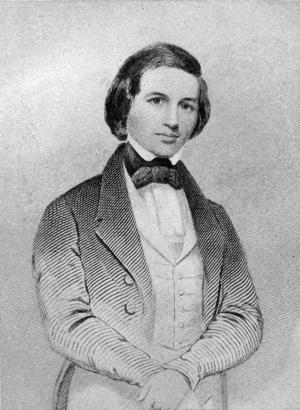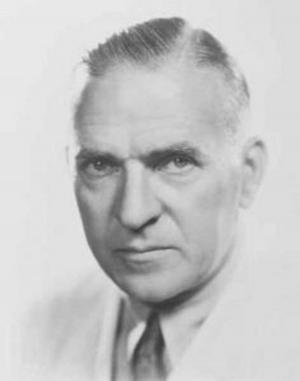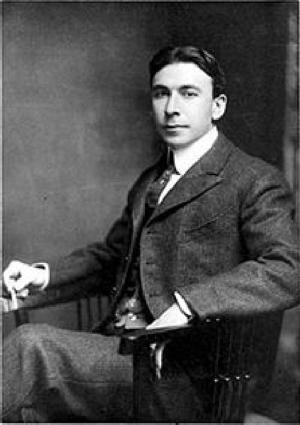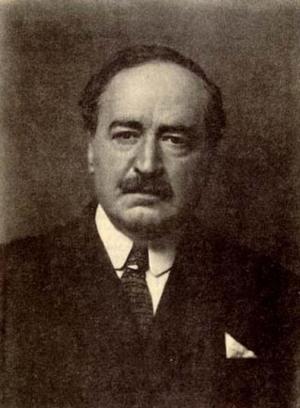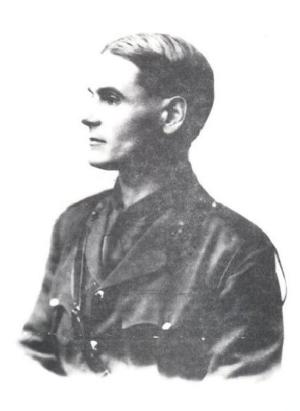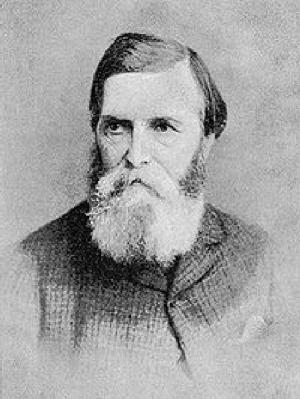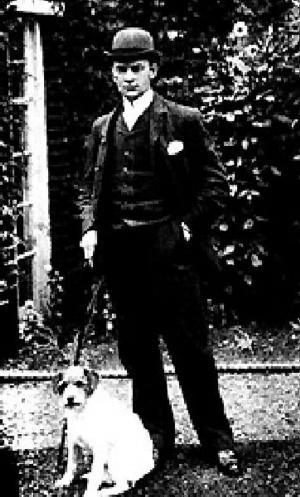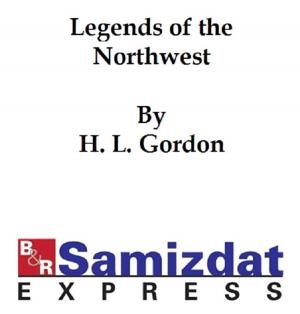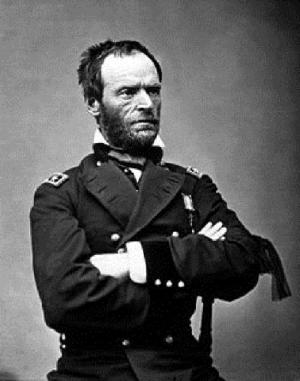| Author: | Max Beerbohm | ISBN: | 9781455401550 |
| Publisher: | B&R Samizdat Express | Publication: | December 15, 2009 |
| Imprint: | Language: | English |
| Author: | Max Beerbohm |
| ISBN: | 9781455401550 |
| Publisher: | B&R Samizdat Express |
| Publication: | December 15, 2009 |
| Imprint: | |
| Language: | English |
According to Wikipedia: "Seven Men is a collection of short stories written by English caricaturist, essayist and parodist Max Beerbohm. It was published in Britain in 1919 by Heinemann and in the United States in 1920 by Alfred A. Knopf, and has been described as a "masterpiece." ... Seven Men contains Beerbohm's biographies of six fictional characters. Beerbohm himself is the seventh man with whom the others interact... Martin Maner wrote of Seven Men that in it Beerbohm "anticipated postmodernism" in his insights into the problems of twentieth-century mass culture and that Seven Men is "an anomaly, a postmodernist fiction written before its time." "Sir Henry Maximilian "Max" Beerbohm (August 24, 1872 May 20, 1956) was an English essayist, parodist and caricaturist best known today for his 1911 novel Zuleika Dobson."
According to Wikipedia: "Seven Men is a collection of short stories written by English caricaturist, essayist and parodist Max Beerbohm. It was published in Britain in 1919 by Heinemann and in the United States in 1920 by Alfred A. Knopf, and has been described as a "masterpiece." ... Seven Men contains Beerbohm's biographies of six fictional characters. Beerbohm himself is the seventh man with whom the others interact... Martin Maner wrote of Seven Men that in it Beerbohm "anticipated postmodernism" in his insights into the problems of twentieth-century mass culture and that Seven Men is "an anomaly, a postmodernist fiction written before its time." "Sir Henry Maximilian "Max" Beerbohm (August 24, 1872 May 20, 1956) was an English essayist, parodist and caricaturist best known today for his 1911 novel Zuleika Dobson."

